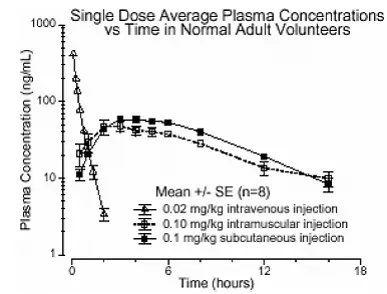Definición de insuficiencia renal aguda
La Información De Este Sitio No Constituye Asesoramiento Médico. No Vendemos Nada. No Se Garantiza La Precisión De La Traducción. Descargo De Responsabilidad
Insuficiencia renal aguda: Pérdida repentina y a menudo temporal de la función renal. También llamado insuficiencia renal aguda. A diferencia de la insuficiencia renal crónica.
Más recientemente, también llamado lesión renal aguda. Muchas veces esto es reversible, pero dependiendo de la causa y la gravedad, puede ser irreversible y conducir a insuficiencia renal crónica o enfermedad renal crónica. Normalmente, los riñones filtran la sangre y eliminan los desechos y el exceso de sal y agua. La insuficiencia renal aguda es cuando los riñones de repente dejan de funcionar. Insuficiencia renal aguda can be due to many different causes. Generally these causes can be divided into three categories. Pre-renal means the cause is before the kidney or glomerulus . Generally this is caused by a decrease in the amount of blood that gets to the kidney. Examples include heart failure liver failure shock . Another class of acute renal failure is post-renal. In this type there is an obstruction to the flow of urine from the kidney. The most common example is prostate problems in men urinary tract cancers which directly obstruct the urine flow or cancers in the abdomen or pelvis that push on the ureters that carry the urine from the kidney to the bladder . The last category is termed renal and is due to damage to the kidney itself especially the filtering units (glomeruli) or the tubules leading from the glomeruli. Examples of renal injury include infections cancer some medications and other nephrotoxins and auto-immune diseases. As well primary kidney diseases (glomerulonephritis and nephrotic diseases such as membranous nephropathy ) can damage the kidneys and cause acute renal failure as well as chronic renal failure. Treatment generally is directed at support of blood pressure and flow of the blood to the kidneys. As well any offending agents should be discontinued and any nephrotoxic agents should be avoided. Some cases will be severe enough to require dialysis to remove toxins from the body until the kidneys can recover. Sometimes the damage is severe enough that it is irreversible and the patient will require long-term dialysis or renal transplant.












